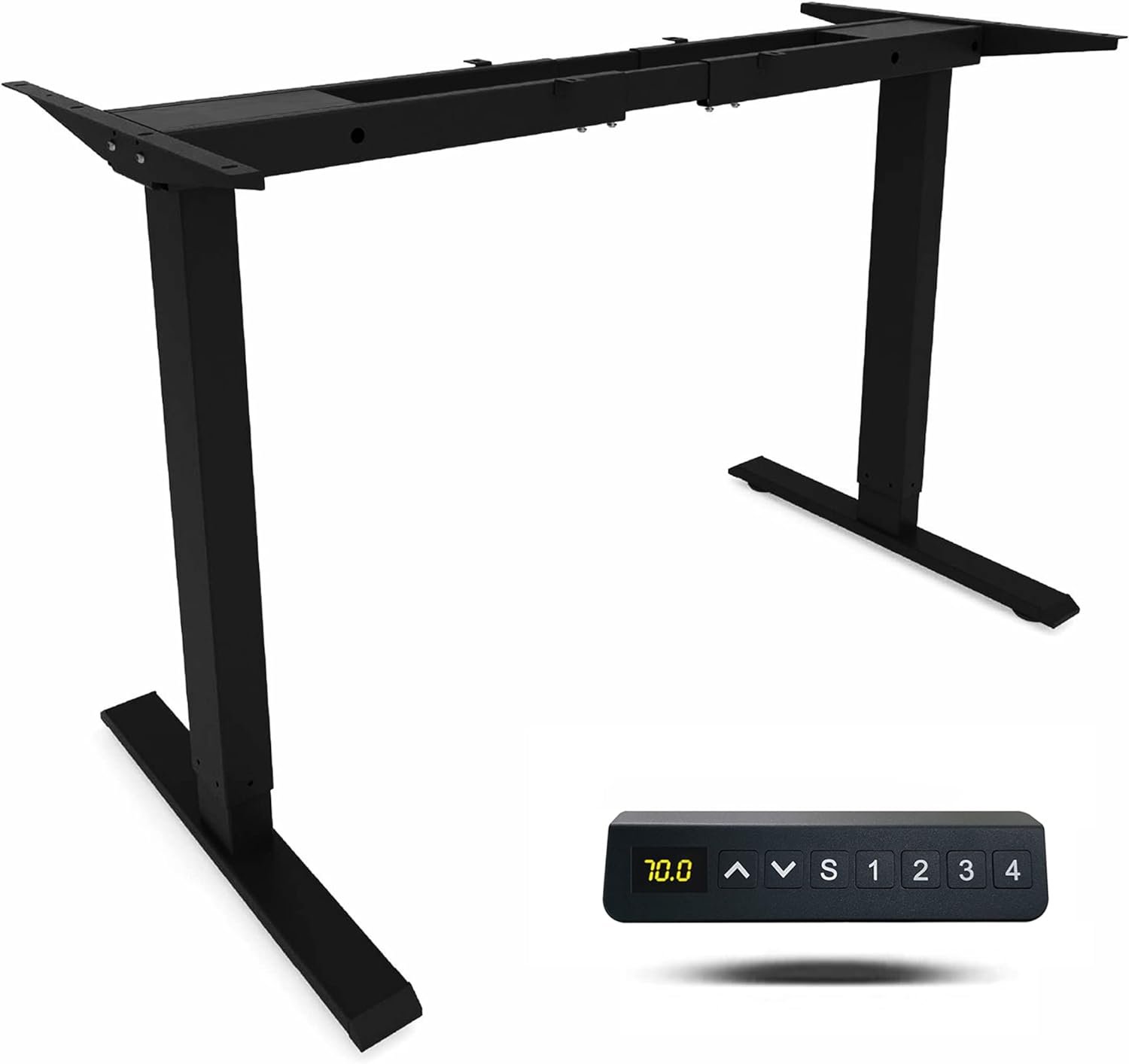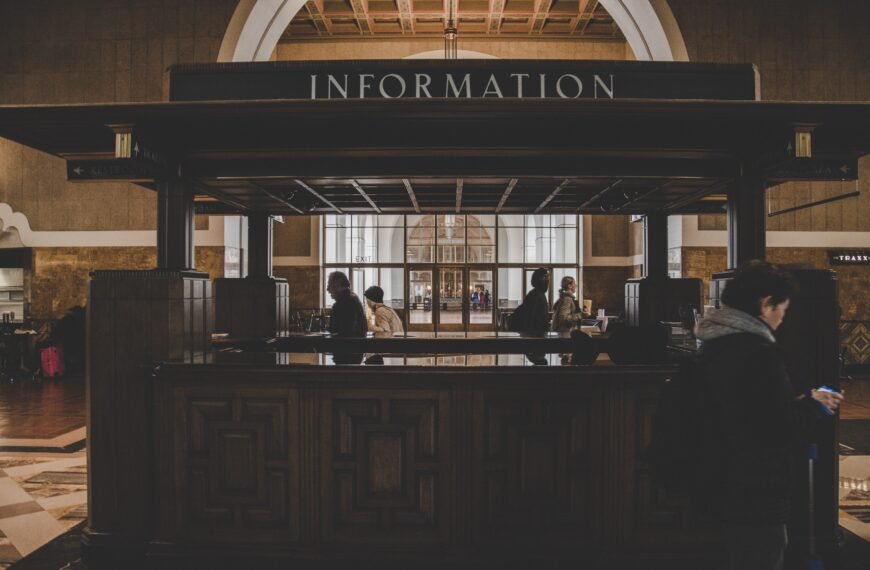In the world of real estate, purchasing foreclosed homes has become a popular choice for savvy investors looking to make a profitable investment. However, the prospect of buying foreclosed homes without having any initial funds might seem daunting at first. With meticulous research, strategic planning, and a touch of creativity, it is indeed possible to acquire these properties without spending a single dime. This article will outline the essential steps and effective strategies to successfully navigate the process of buying foreclosed homes with no money, providing aspiring investors with valuable insights and practical tips to achieve their financial goals.
Researching Foreclosed Homes
When it comes to buying foreclosed homes, conducting thorough research is crucial. This article will explore different avenues for researching foreclosed homes, including online resources, local government websites, and real estate agent services.
Check Other Money Aesthetic Aricles
1.1 Online Resources for Finding Foreclosed Homes
The internet has made it easier than ever to find foreclosed homes. Numerous websites specialize in listing foreclosure properties, allowing potential buyers to search based on their desired location and other specific criteria. Websites such as RealtyTrac, Zillow, and Foreclosure.com are popular choices for those interested in purchasing foreclosed homes. These platforms provide comprehensive information about available properties and often include detailed descriptions, photographs, and pricing information.
1.2 Local Government Websites
Another valuable resource for finding foreclosed homes is local government websites. Many counties and municipalities maintain online databases where they list properties that are undergoing the foreclosure process. These websites often provide up-to-date information on the status of each property, including contact details for the property owners or trustees. By visiting these websites, potential buyers can gain access to a wealth of information and identify potential opportunities in their desired areas.
1.3 Real Estate Agent Services
Enlisting the help of a knowledgeable real estate agent can significantly simplify the process of finding and purchasing foreclosed homes. Real estate agents often have access to exclusive listings through their professional networks and can provide valuable insights into the local market conditions. They can also offer guidance and advice throughout the buying process, helping buyers navigate the complexities associated with purchasing foreclosed properties. By leveraging the expertise of a real estate agent, buyers can maximize their chances of finding the right foreclosed home for their needs.
Understanding the Foreclosure Process
Before diving into the world of foreclosed homes, it is essential to understand the foreclosure process. This section will provide an overview of the different stages involved in foreclosure: the pre-foreclosure stage, the auction stage, and bank-owned (REO) properties.
2.1 Pre-foreclosure Stage
The pre-foreclosure stage is the initial phase of the foreclosure process, where homeowners have fallen behind on their mortgage payments but have not yet lost their properties. During this stage, homeowners still have the opportunity to resolve their financial issues and avoid foreclosure. As a potential buyer, it is essential to monitor pre-foreclosure listings, as these properties might offer opportunities for favorable deals. Engaging directly with homeowners in this stage can often result in purchasing a property for less than its market value.
2.2 Auction Stage
When homeowners fail to resolve their financial issues during the pre-foreclosure stage, their properties may proceed to foreclosure auctions. These auctions give buyers the chance to bid on properties and purchase them directly. Auctions can be competitive, and it is crucial for potential buyers to set a budget and conduct thorough research on the properties of interest. It is also essential to understand the auction rules and procedures, as they may vary depending on the jurisdiction. Attending foreclosure auctions can be an exciting and potentially rewarding way to buy foreclosed homes.

Check Other Money Aesthetic Aricles
2.3 Bank-Owned (REO) Properties
If a property does not sell at foreclosure auctions, it becomes bank-owned or real estate owned (REO). Bank-owned properties are those that the lender has taken possession of after completing the foreclosure process. These properties are often listed with real estate agents or through online platforms. When purchasing a bank-owned property, buyers have the advantage of dealing directly with the lender, which can lead to more straightforward negotiations. However, it is important to thoroughly inspect bank-owned properties as they may require repairs or have unaddressed issues.
Assessing Your Financial Situation
Assessing your financial situation is an essential step before embarking on the journey of purchasing a foreclosed home. This section will delve into evaluating your credit score and financial history, as well as implementing budgeting and saving strategies.
3.1 Evaluating Credit Score and Financial History
To qualify for favorable financing options when buying a foreclosed home, it is crucial to have a good credit score and a sound financial history. Lenders assess credit scores to determine the borrower’s creditworthiness and evaluate the risk associated with lending funds. Potential buyers should obtain a copy of their credit report and review it carefully for any errors or negative factors. Taking steps to improve credit scores, such as paying bills on time and lowering debt-to-income ratios, can enhance the chances of securing financing for a foreclosed home purchase.
3.2 Budgeting and Saving Strategies
Buying a foreclosed home often requires a significant financial commitment. To ensure readiness, it is important to create a budget and implement saving strategies. Buyers should carefully assess their current income and expenses, identifying areas where they can reduce spending and save for a down payment and potential repairs. Implementing a strict budget and setting aside a portion of income specifically for housing-related expenses can help buyers build the necessary funds for purchasing a foreclosed home without relying on external financial assistance.
Building Relationships with Lenders
Establishing strong relationships with lenders is a valuable asset for buyers looking to purchase foreclosed homes. This section will explore different options for building relationships with local banks and credit unions, as well as utilizing FHA loans and programs and considering non-traditional lenders.
4.1 Local Banks and Credit Unions
Local banks and credit unions can be excellent sources of financing for foreclosed home purchases. Developing relationships with these institutions can help potential buyers access information about their foreclosure inventory and obtain favorable financing terms. It is recommended for buyers to visit local banks and credit unions and inquire about their foreclosure properties and lending programs. Building a rapport and demonstrating financial responsibility can increase the likelihood of securing funding for a foreclosed home.
4.2 FHA Loans and Programs
The Federal Housing Administration (FHA) offers loan programs specifically designed to assist buyers in purchasing foreclosed homes. FHA loans typically have lower down payment requirements and more lenient credit score criteria compared to traditional loans. Buyers considering FHA loans should consult with approved FHA lenders to understand the specific eligibility requirements and potential advantages. Additionally, exploring other FHA programs, such as the FHA 203(k) loan for home renovations, can provide further opportunities for financing foreclosed home purchases.

4.3 Non-Traditional Lenders
In some cases, buyers may need to explore non-traditional lending options to secure financing for foreclosed homes. Non-traditional lenders, such as private investors or crowdfunding platforms, can offer alternative financing solutions that may be more flexible or accessible. However, it is important to carefully evaluate the terms and conditions of any non-traditional lending arrangement and consider the associated risks and costs. Engaging with reliable and reputable non-traditional lenders can be a viable option for buyers who are unable to secure financing through traditional channels.
Exploring Government Assistance Programs
Government assistance programs can provide valuable support and resources to buyers interested in purchasing foreclosed homes. This section will discuss federal assistance programs as well as state and local housing programs that can help facilitate the purchase of foreclosed properties.
5.1 Federal Assistance Programs
The federal government offers various programs aimed at assisting buyers in purchasing and rehabilitating foreclosed homes. The U.S. Department of Housing and Urban Development (HUD) provides resources such as the Good Neighbor Next Door program, which offers substantial discounts on properties in designated revitalization areas. Additionally, the Neighborhood Stabilization Program (NSP) provides grants to local communities to acquire and redevelop foreclosed homes. Exploring these federal assistance programs can open up opportunities for buyers with limited financial resources.
5.2 State and Local Housing Programs
In addition to federal programs, many states and local governments have their own housing programs designed to assist buyers in purchasing foreclosed homes. These programs may offer down payment assistance, low-interest loans, or tax credits to qualified buyers. It is advisable for potential buyers to research and consult with their state or local housing agencies to determine the eligibility requirements and benefits of these programs. State and local housing programs can provide significant financial assistance and make foreclosed home purchases more feasible for buyers with limited resources.
Networking with Real Estate Investors
Networking with real estate investors can provide valuable insights, support, and potential investment opportunities. This section will discuss the benefits of joining real estate investment groups and attending real estate auctions.
6.1 Joining Real Estate Investment Groups
Real estate investment groups consist of individuals interested in investing in real estate, including foreclosed properties. Joining these groups can provide access to a community of experienced investors who can share knowledge, offer advice, and potentially partner on investment ventures. Real estate investment groups often organize educational events, networking opportunities, and group investments. By participating in these groups, buyers can expand their network, learn from experienced investors, and discover potential foreclosed home deals.
6.2 Attending Real Estate Auctions
Attending real estate auctions can be an effective way to network with investors and gain firsthand experience in purchasing foreclosed homes. Auctions are popular gathering places for real estate professionals, including investors who specialize in buying foreclosed properties. Engaging with fellow attendees and building relationships can provide access to valuable insights and potential partnership opportunities. By attending real estate auctions, buyers can expand their network, learn from experienced investors, and increase their chances of finding suitable foreclosed home investments.
Negotiating with Sellers and Lenders
Effective negotiation skills are essential when purchasing foreclosed homes. This section will discuss the importance of researching property values, making offers on foreclosed homes, and negotiating financing options.

7.1 Researching Property Values
Before entering into negotiations, buyers must conduct comprehensive research to determine the fair market value of the foreclosed properties they are interested in. This can be achieved by analyzing recent sales data of comparable properties in the same area, considering any unique features or drawbacks of the property, and consulting with experienced real estate professionals. Armed with this information, buyers can confidently engage in negotiations, ensuring they make informed decisions and avoid overpaying for foreclosed homes.
7.2 Making an Offer on a Foreclosed Home
Once buyers have identified a suitable foreclosed home, making a well-crafted offer is crucial. Offers on foreclosed properties are often submitted to the lender or the asset manager representing the lender. It is important to understand the lender’s requirements and follow all instructions when submitting an offer. Buyers should also consider including contingencies such as property inspections and financing terms to protect their interests. By presenting a competitive offer that aligns with the market value and meets the lender’s requirements, buyers can increase their chances of having their offer accepted.
7.3 Negotiating Financing Options
Negotiating financing options with sellers and lenders is an essential aspect of the foreclosure home buying process. Buyers should explore different financing avenues and compare the terms and rates provided by various lenders. By obtaining pre-approval from lenders and demonstrating financial readiness, buyers can strengthen their position during negotiations. It is also important to consider negotiating seller concessions, such as covering closing costs or repairs, as part of the overall financing negotiation strategy. Engaging in effective negotiations can lead to favorable financing terms and a successful purchase of a foreclosed home.
Conducting Property Inspections and Due Diligence
Thorough property inspections and due diligence are critical when purchasing foreclosed homes. This section will explore the importance of hiring professional inspectors, examining title and liens, and estimating repair costs.
8.1 Hiring Professional Inspectors
Foreclosed properties may have hidden issues or require significant repairs. Engaging the services of professional home inspectors is crucial to identify any structural, electrical, plumbing, or other deficiencies that may exist. Inspectors can provide objective assessments of the property’s condition, alerting buyers to potential problems and estimated repair costs. By obtaining detailed inspection reports, buyers can make informed decisions and negotiate repairs or adjustments with the sellers or lenders before finalizing the purchase.
8.2 Examining Title and Liens
Conducting a thorough examination of the property’s title and any existing liens is an essential step in the due diligence process. Buyers should involve a title company or an attorney experienced in real estate transactions to ensure that the property has a clean title and there are no outstanding liens or legal issues. Examining the title and liens protects buyers from potential legal and financial complications after the purchase. If any issues arise during the examination, buyers can negotiate with the sellers or lenders to address the concerns or seek legal advice to navigate the complexities.
8.3 Estimating Repair Costs
Foreclosed properties often require repairs or renovations, and accurately estimating the associated costs is crucial for budgeting purposes. Buyers should carefully assess the property’s condition and identify areas that need attention. Engaging contractors or other professionals with experience in estimating repair costs can provide valuable insights. Obtaining detailed cost estimates allows buyers to evaluate the overall investment required and make informed decisions on pricing and negotiation strategies. Understanding repair costs is essential to avoid unpleasant surprises and ensure a successful renovation and resale process.
Securing Financing Options
Securing suitable financing options is a crucial step in purchasing foreclosed homes. This section will discuss mortgage loans, hard money loans, and private lenders as potential financing sources.
9.1 Mortgage Loans
Mortgage loans are a common financing option for buyers purchasing foreclosed homes. Traditional mortgage lenders, such as banks and credit unions, offer various loan programs suited for different buyer profiles. To secure a mortgage loan, buyers must meet the lender’s requirements, such as a good credit score and a stable income. Buyers should explore different mortgage options, compare interest rates and terms, and obtain pre-approval to strengthen their negotiation position. Working closely with a mortgage lender throughout the buying process is essential to ensure a smooth and timely closing.
9.2 Hard Money Loans
Hard money loans can be an alternative financing option for buyers seeking specialized financing for foreclosed homes. Hard money lenders are typically private individuals or companies that lend based on the property’s value rather than the borrower’s creditworthiness. These loans often have higher interest rates but provide more flexibility and faster approval processes. Buyers interested in hard money loans should carefully assess the terms and costs associated with these loans and consider the short-term nature of this financing option. Hard money loans can be particularly suitable for buyers planning to renovate and sell foreclosed properties quickly.
9.3 Private Lenders
Private lenders represent another potential financing option for purchasing foreclosed homes. These lenders can be individuals, groups, or companies willing to provide direct financing to buyers. Private lenders often offer more flexible terms than traditional lenders, but they may require higher down payments or charge higher interest rates. Building relationships with private lenders or accessing private lending networks can help buyers find suitable financing options tailored to their needs. It is important for buyers to perform due diligence on private lenders to ensure their credibility and protect their interests throughout the loan process.
Renovating and Reselling the Property
Renovating and reselling a foreclosed property can be a profitable venture for buyers. This section will discuss developing a renovation plan, hiring contractors, and effectively marketing and selling the property.
11.1 Developing a Renovation Plan
Before initiating any renovations, buyers should develop a detailed renovation plan to guide the process. This plan should include a comprehensive assessment of the property’s condition and identify areas that require improvement or repair. Buyers should set clear goals for the renovation, establish a realistic budget, and prioritize renovations that will maximize the property’s value. Creating a renovation plan allows buyers to stay focused, manage costs effectively, and ensure that the final product aligns with market demand and potential buyer preferences.
11.2 Hiring Contractors
Hiring reputable contractors is essential for executing renovation plans efficiently and achieving high-quality results. Buyers should thoroughly research and interview contractors, asking for references and reviewing their past projects in detail. Obtaining multiple bids and comparing cost estimates can help buyers make informed decisions. It is also advisable to establish clear communication channels and expectations with contractors from the beginning. Effective collaboration with contractors throughout the renovation process ensures timely completion, adherence to budget, and satisfactory outcomes.
11.3 Marketing and Selling the Property
Once the renovation is complete, effectively marketing and selling the foreclosed property is crucial to maximize returns. Buyers should engage the services of experienced real estate agents who specialize in selling renovated properties. Real estate agents can provide insights into local market trends, establish appropriate pricing, and create impactful marketing strategies. Maximizing the property’s visibility through professional photography, staging, and online advertisements can attract potential buyers and facilitate a timely sale. Collaborating with a trusted real estate agent ensures a smooth selling process and helps buyers achieve the desired financial goals.
In conclusion, buying foreclosed homes with no money requires extensive research, a thorough understanding of the foreclosure process, and careful financial planning. By utilizing online resources, understanding the stages of foreclosure, assessing one’s financial situation, building relationships with lenders, exploring government assistance programs, networking with real estate investors, negotiating effectively, conducting proper due diligence, securing suitable financing, and navigating the renovation and resale process, buyers can successfully purchase and profit from foreclosed homes.











